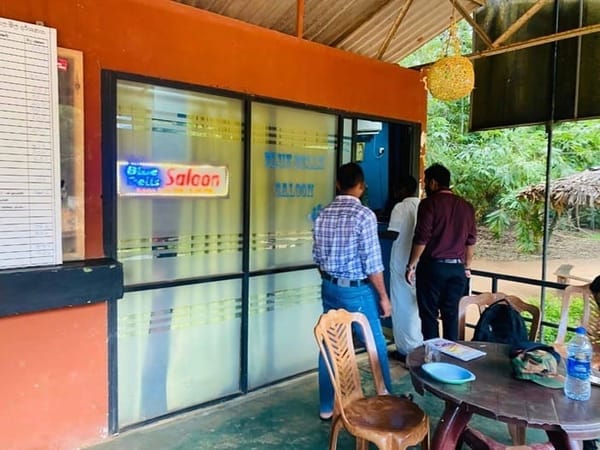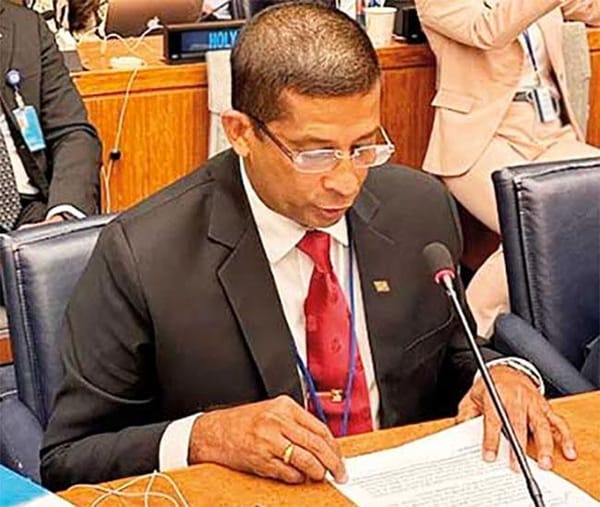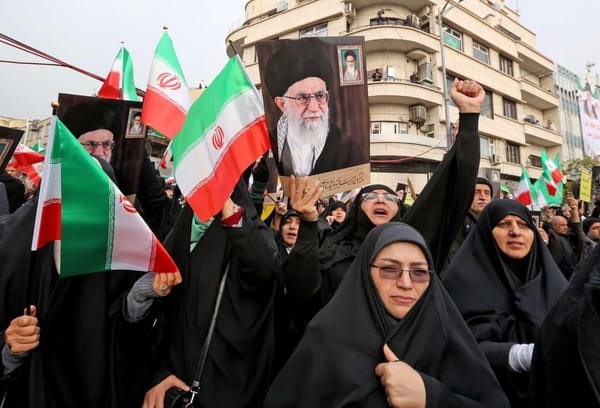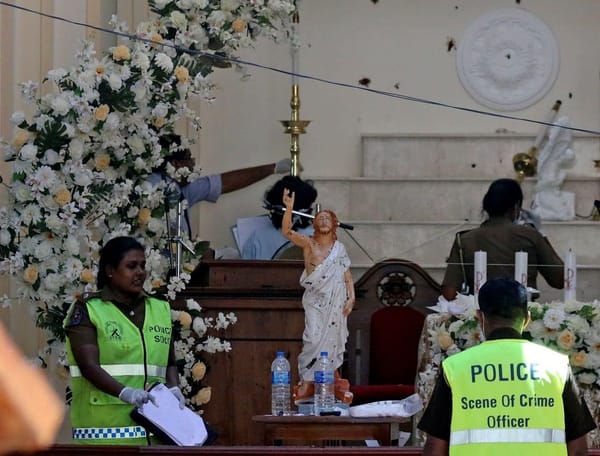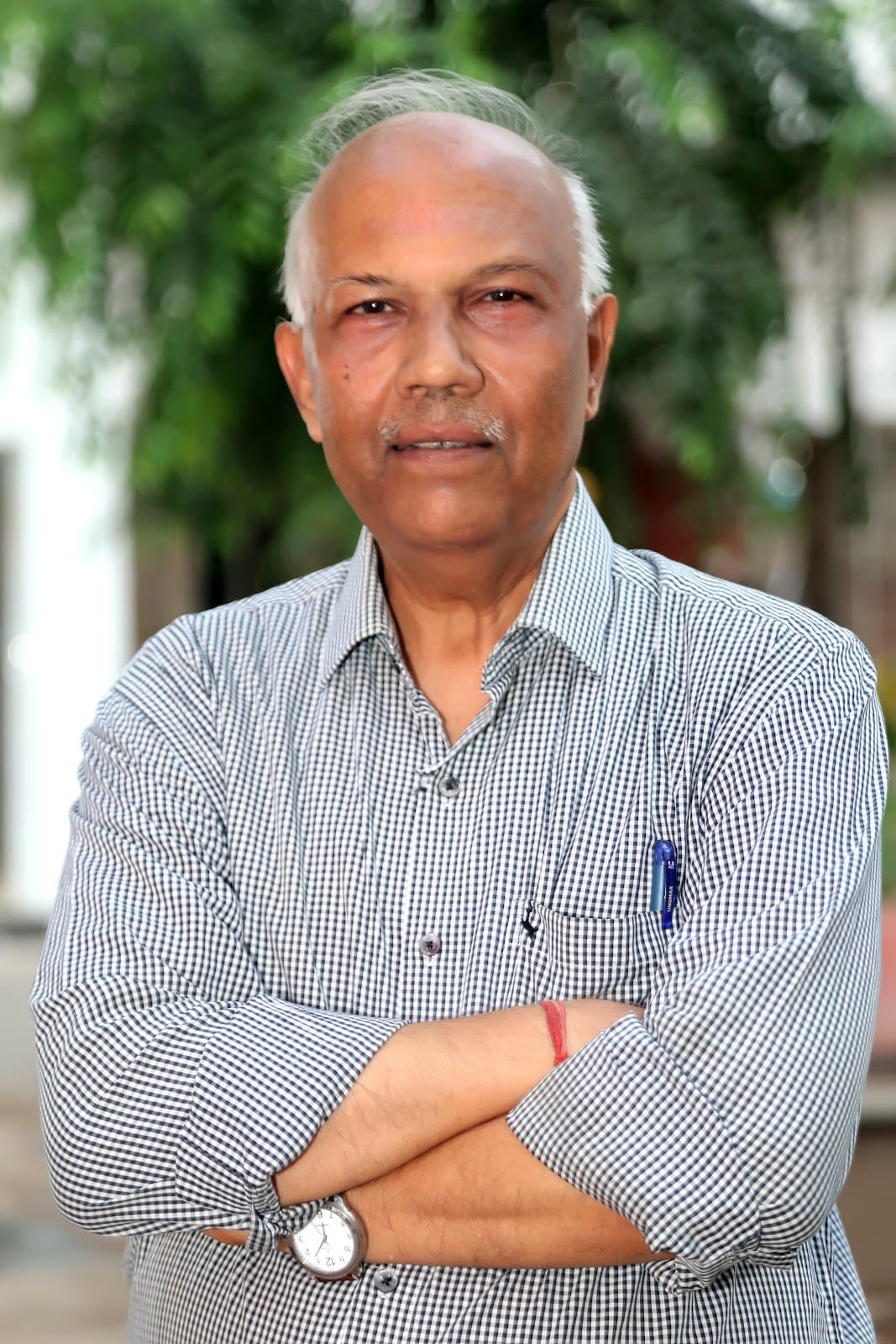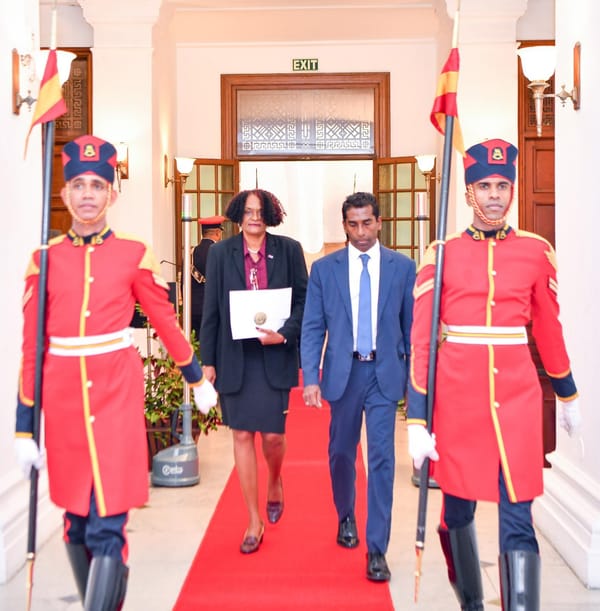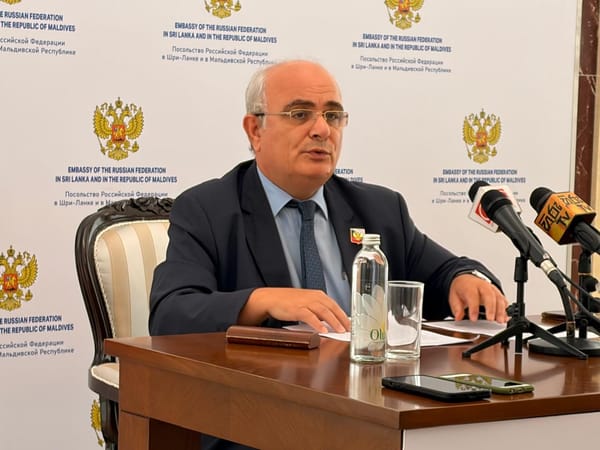A military-operated salon in northern Sri Lanka has been ordered to close by local authorities, sparking debate over business competition, union influence, and the affordability of basic services in war-affected communities.
The Karaithuraipatru Pradeshiya Sabha issued a directive to shut down “Blue Bells Salon,” which had been run by the Sri Lankan Army on Forest Department land in Kepapulavu, Mullaitivu District.
Council Cites Economic Impact
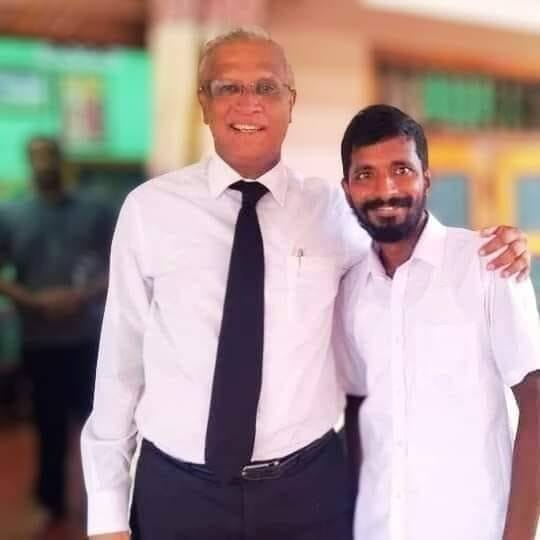
Chinnarasa Logeswaran, chairman of the Karaithuraipatru Pradeshiya Sabha and a representative of the Illankai Tamil Arasu Kachchi (ITAK), said the decision followed complaints from local residents about the military's commercial activities.
"Such ventures undermine the fragile local economy," Logeswaran said, adding that the council would pursue legal action if its directive was not implemented. The ITAK representative, who is closely associated with party heavyweight M.A. Sumanthiran, condemned military involvement in civilian business operations in the region.
Residents Point to Union Monopoly
However, interviews with local residents reveal a more complex economic landscape. Multiple residents told Jaffna Monitor that while they understood the political concerns, the closure eliminates what many considered their only affordable option.
According to locals, the Barbers' Union controls nearly all salons and barbershops in the northern region, requiring mandatory registration for operators. Residents allege that the union enforces a monopoly, with unregistered establishments facing intimidation and being forced to close.
This structure, they claim, has enabled salons to maintain high prices that many struggling families cannot afford.
The Price Gap
According to the union-approved price list dated October 7, 2025, standard services cost:
- Hairdressing: Rs. 600
- Shaving: Rs. 350
- Beard shaping: Rs. 500
- Children’s haircut (under 12): Rs. 500
- Women’s haircut: Rs. 800
- Head shaving: Rs. 1,500
This means a person opting for a simple haircut and beard shaping would have to spend Rs. 1,100.
By contrast, residents told Jaffna Monitor that the army-run salon charged just Rs. 250 for a haircut and shave—less than a quarter of the union-mandated rates.
“For families still recovering from the war, these prices matter,” one resident said, speaking on condition of anonymity. “The army salon was affordable. That’s why it was always crowded.”
Neither military officials nor representatives of the Barbers’ Union were available for comment at the time of publication.

